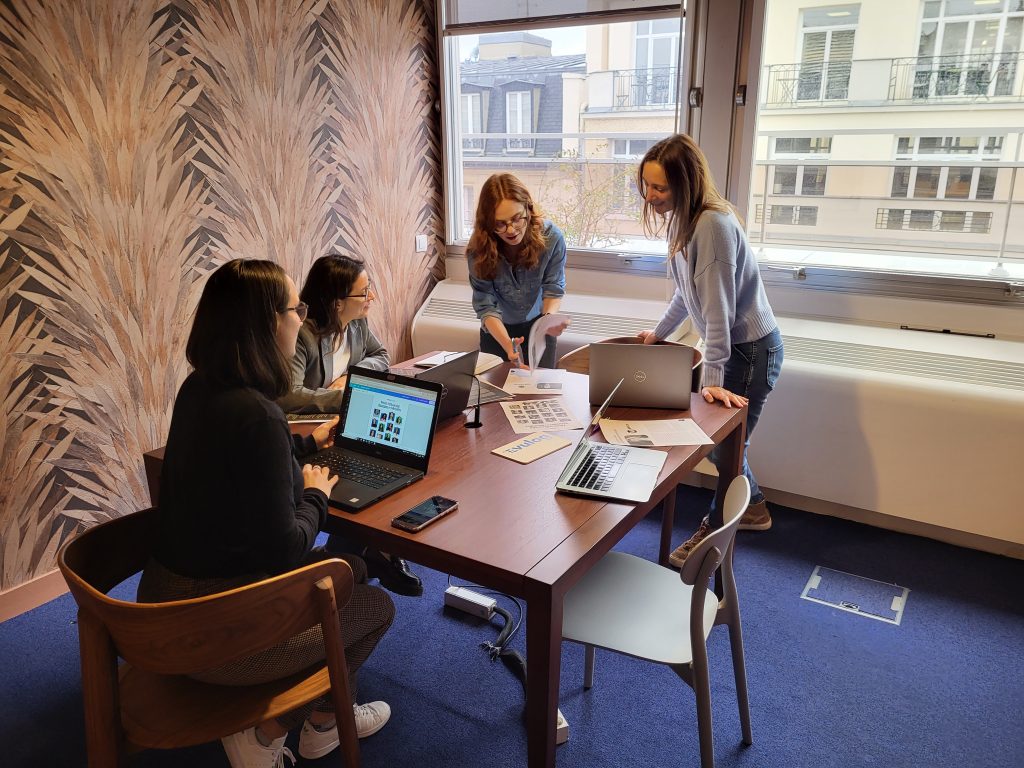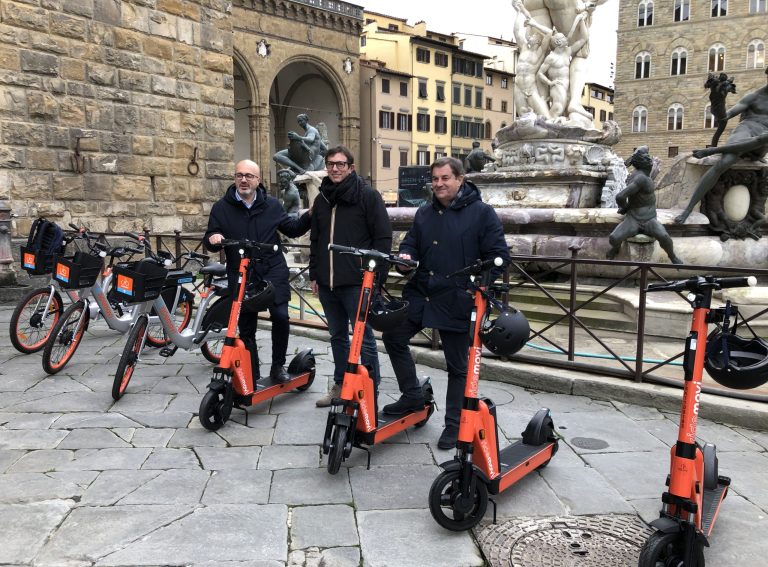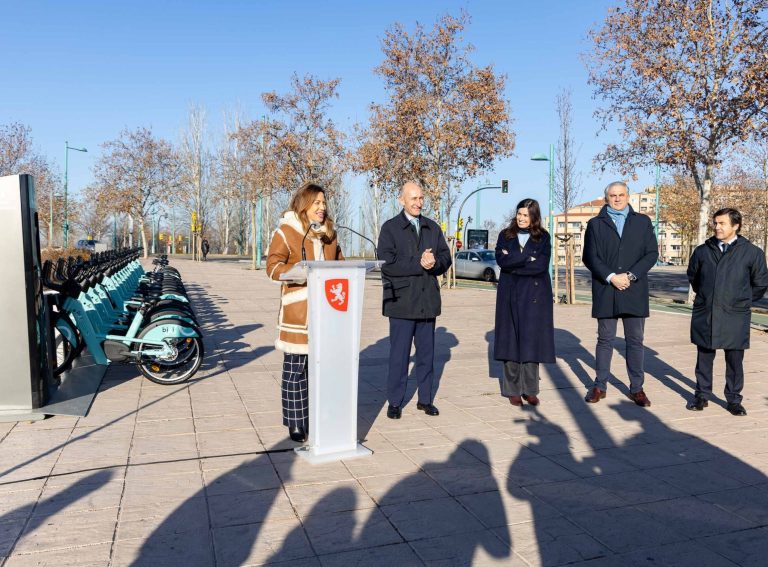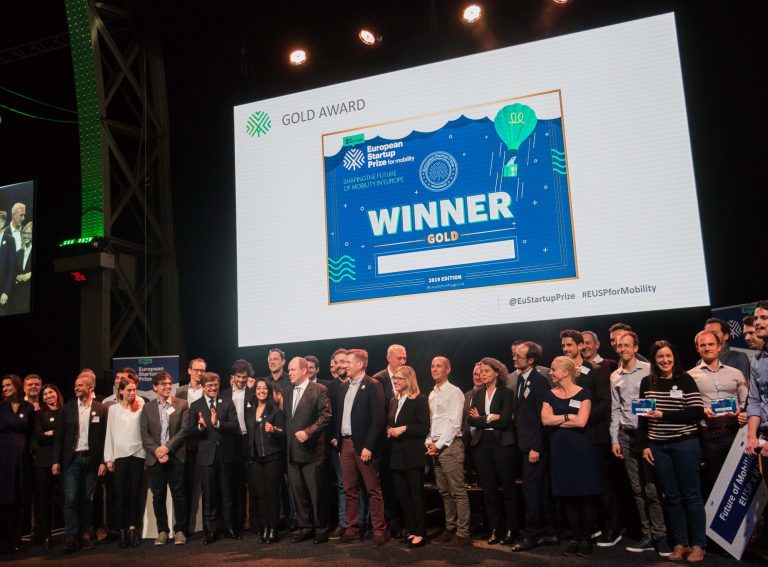Vulog is one company that’s geared up to celebrate International Women’s Day this Friday.
The shared mobility technology provider today released its sixth edition of the Most Influential Women in Mobility Report to spotlight the achievements of 16 women in an industry where gender balance is gradually improving but still has room for growth.
Six weeks of open nominations, a roundtable discussion with the CEO, and the meticulous evaluation of how nominees compare to set criteria – it’s no easy feat deciding which remarkable women get Vulog’s 2024 accolade.
The brand new edition is Vulog’s most geographically diverse report yet and highlights the global expansion of the mobility industry and the women involved, each of whom are providing unique solutions to different regions.
“The difficulty with mobility is that it’s tech-based, meaning it has been born out of the convergence of two highly male industries: transportation and tech. This certainly contributes to the barriers women face in entering and succeeding in the mobility industry,” Vulog’s Head of Content Stephanie Hagen tells Zag Daily.
Spotlighted in Vulog’s #6 edition are:
- Cristina Albuquerque, Global Electric Mobility Director, World Resources Institute
- Tammy Au-Yeung, Senior Manager Product & Process, Evo
- Audrey Borius, Investment & Communication Director, Groupe Citadelle,
- Egija Gailuma, Co-Founder, OX Drive
- Aurélie Gillieaux, General Manager Benelux, WeNow
- Raquel Hernán Sanz, Chief Operations Officer, WiBLE
- Fiona Howarth, CEO, Octopus Electric Vehicles
- Laura Kennedy, Vice President Human Resources, Miles
- Charlène Kouassi, Director, Movin’On LAB Africa
- Garance Lefèvre, Senior Director of Public Policy France & Benelux, Lime
- Aurelija Petrauskyte Latake, Head of Product, Trafi
- Rebecca Quinn, Vice President, Shift Transit
- Seleta Reynolds, Chief Innovation Officer, LA Metro
- Maha Shahzad, Founder, BusCaro
- Monalisha Thakur, Co-Founder and CMO, Tummoc
- Celeste Vogel, Co-Founder and Managing Director, eWAKA
A male-dominated industry
Women only constitute 17% of the global transport workforce. It doesn’t get much better for the tech industry either, with just 28% of the workforce being women and 5% of tech leadership roles held by women.
“Too often, we hear people saying they would hire women but they just can’t find any qualified. Well here you go. Here is a list of very qualified women.”
According to Stephanie, the absence of women from transport, tech and mobility feeds a vicious cycle. Women often leave the industry because they don’t see themselves represented there, making it an even more male-dominated sector for new women to enter. Consequently, men don’t often have the opportunity to work with women in the industry and when hiring season comes, women aren’t actively sought out.
“The point of this report isn’t just to show men that there are a lot of very smart women in mobility, but it’s also to inspire women to stay. We want to say ‘hey, this is a place where women can come and succeed and have interesting careers. You have a future in mobility.”
Having worked in the mobility industry for six years, Stephanie’s never been too far away from a space where women are the minority.
“There’ll be companies that are working in innovative ways, and I’ll research them to see if there’s a woman behind anything and there isn’t. It’s just a sea of men.
“It might not be that women are necessarily excluded, but they’re certainly just not being considered in the same way.”
The selection process
Nominations for the report opened in December last year, with a mass of internal and external nominations to consider.
Over the last couple of months Vulog’s internal jury carefully evaluated each candidate with some guiding questions in mind like how the candidate is working towards improving mobility, if they have an inspiring vision for the future of mobility, if they have demonstrated leadership, if they have participated in mentorship, and if they have been recognised by transport-related awards and accolades.

“We’re looking at a wide array of criteria, and understanding the background of each woman,” Stephanie says.
“It’s not like choosing someone who’s in mobility now but worked in oil and gas for years before that.”
While shared mobility is particularly advanced in Europe, Stephanie says it’s also important to ensure the final shortlist reflects that women are working in the mobility field everywhere in the world.
Where from here?
“Mobility is still young and there’s still room to grow. I think as it grows it will become more diverse even though its roots are in male dominated industries,” Stephanie says.
As ever, the sixth edition of the report aims to encourage and promote gender equality in the industry by recognising the unique achievements brought to the sector by women. But that’s not to say that the women spotlighted only make it to a gender-based list.
“At Vulog, we believe wholeheartedly that the women chosen for this report have the accomplishments and merits to be on any gender-neutral list celebrating leaders in mobility.
“While some people question the need for gender-based lists, I’d say go to any mobility, transportation or tech event and look around to see who is there and who is on the stage. It’s overwhelmingly mens voices that we are hearing and it is absolutely imperative to ensure that women are seen and heard as well.”





